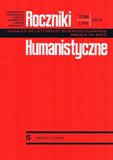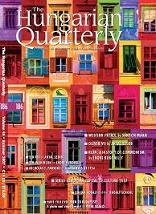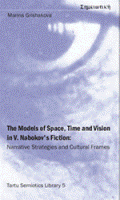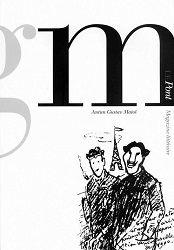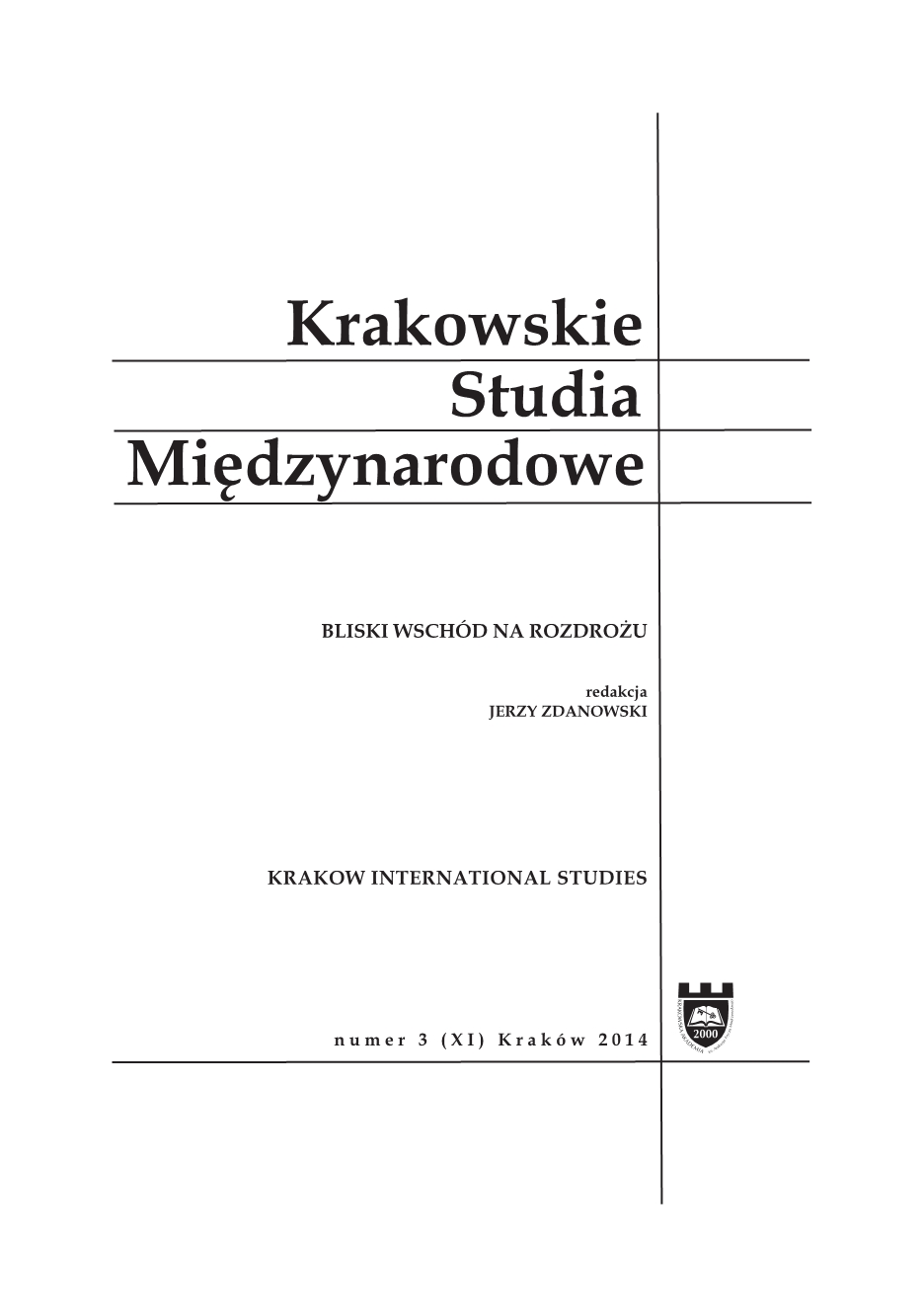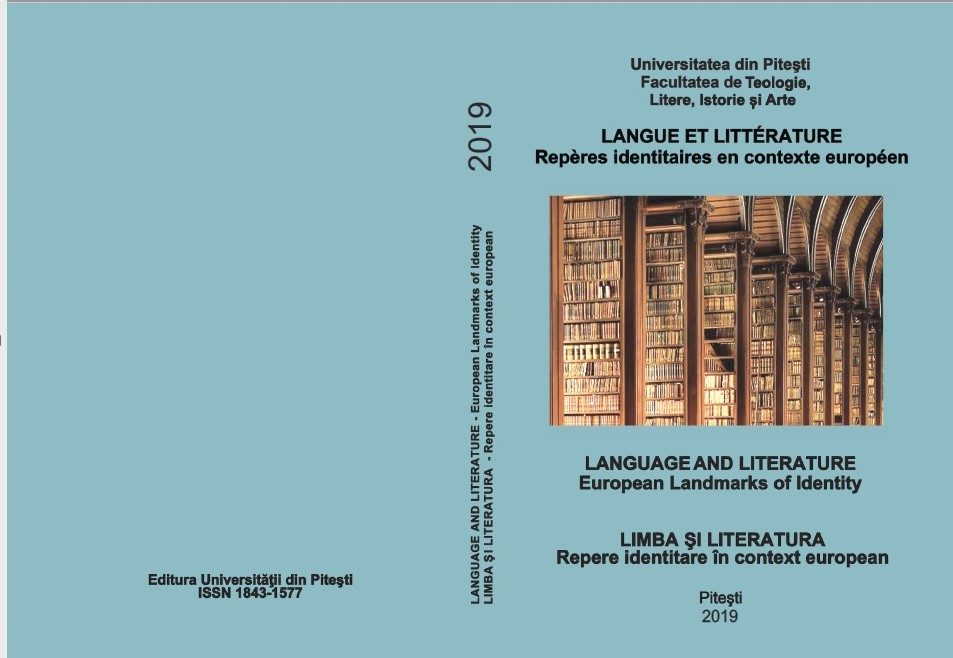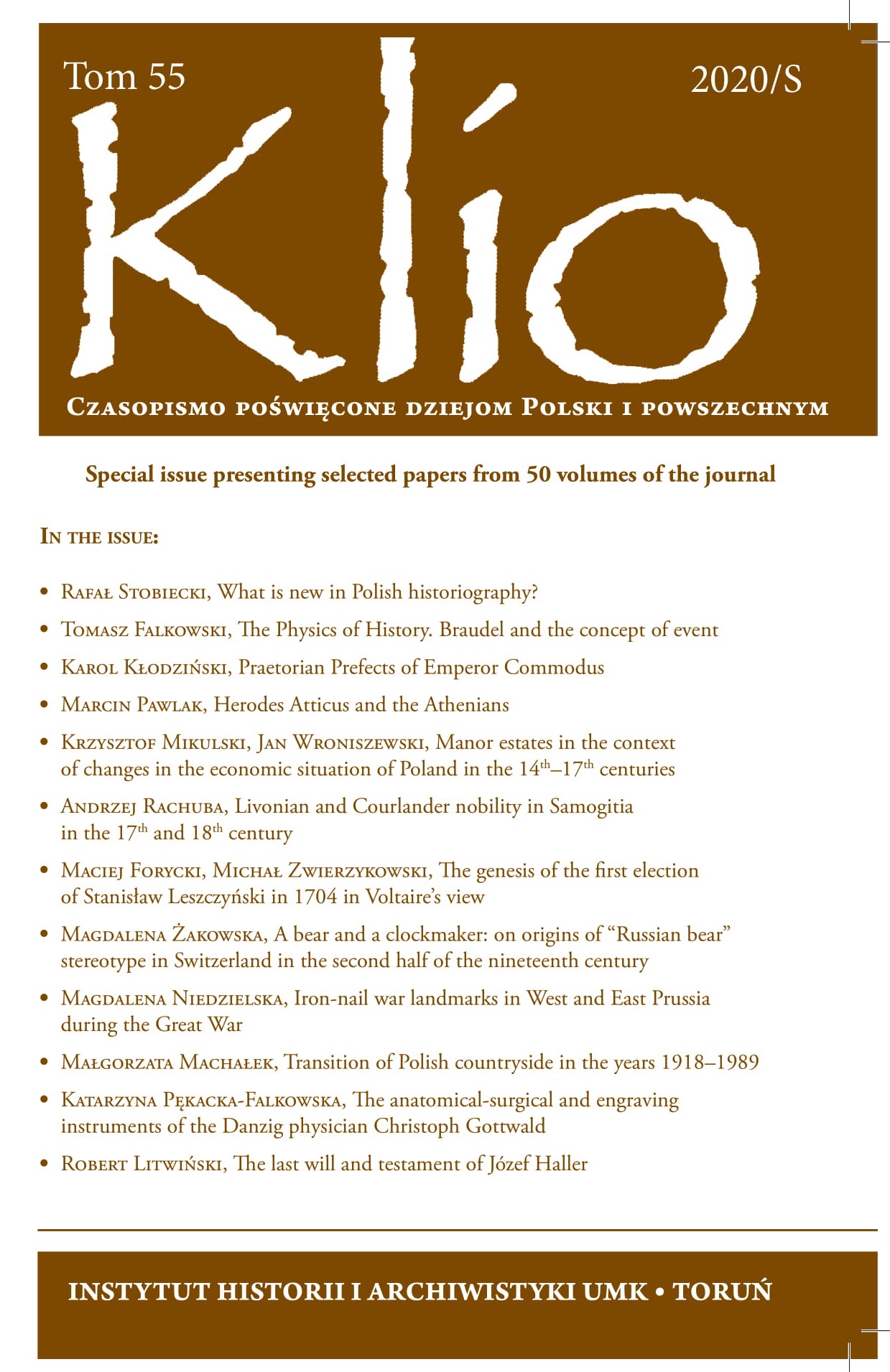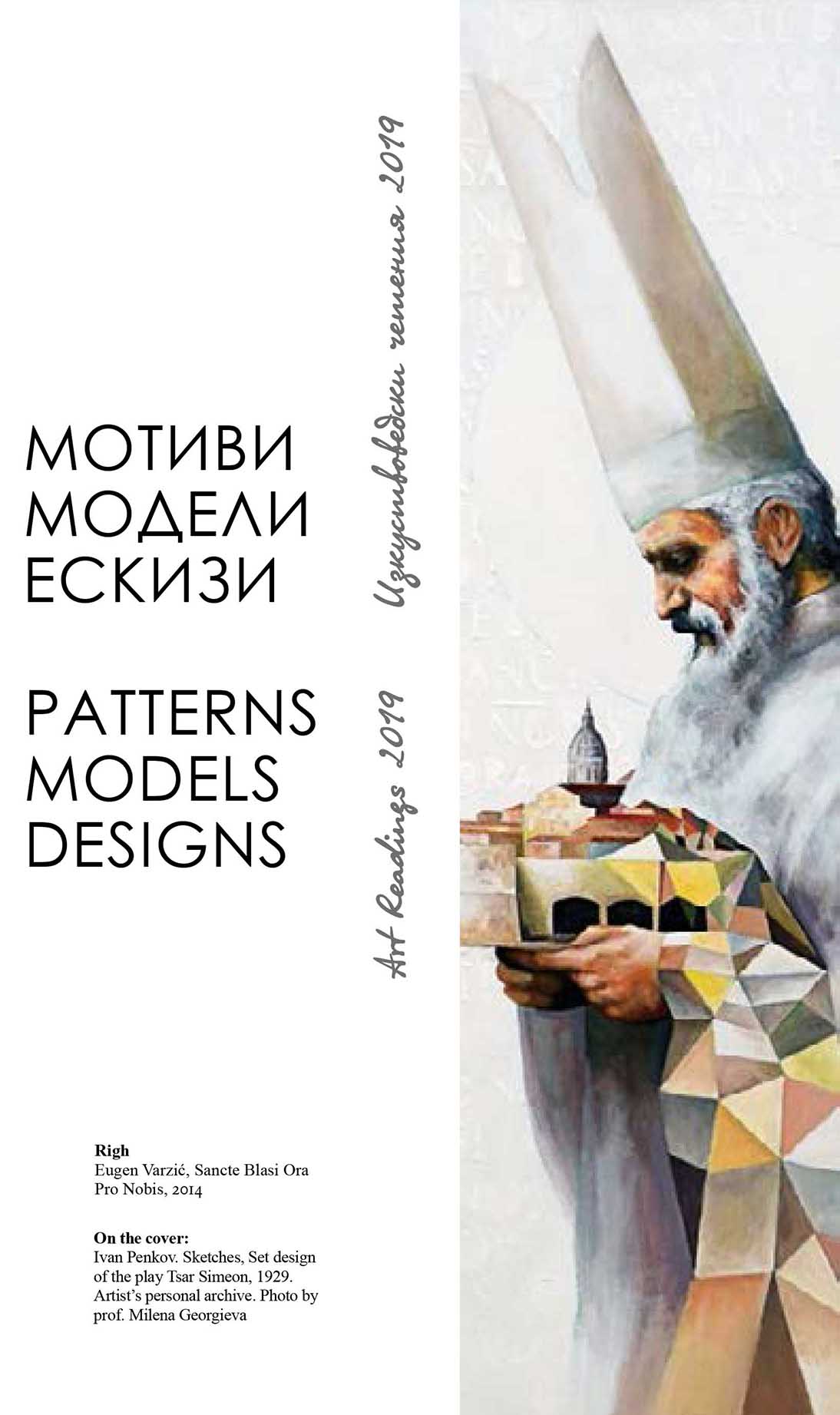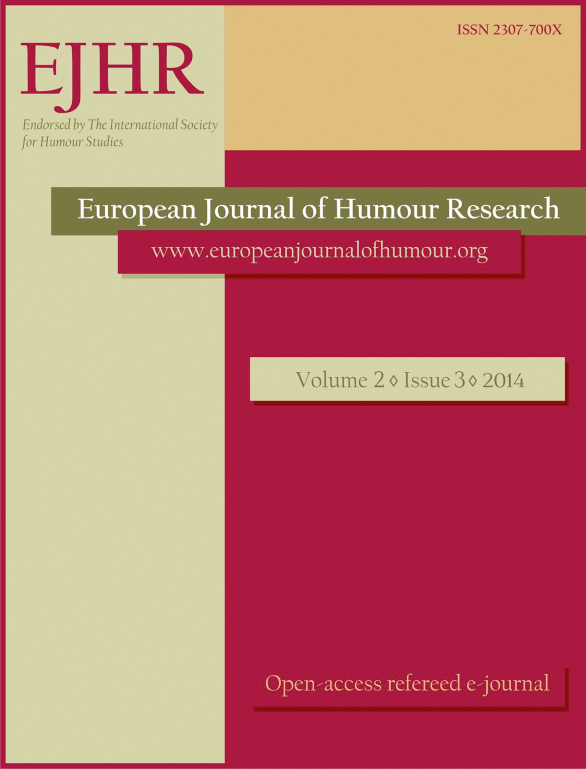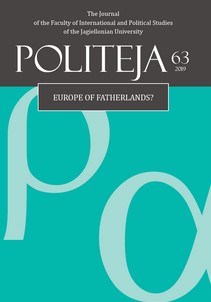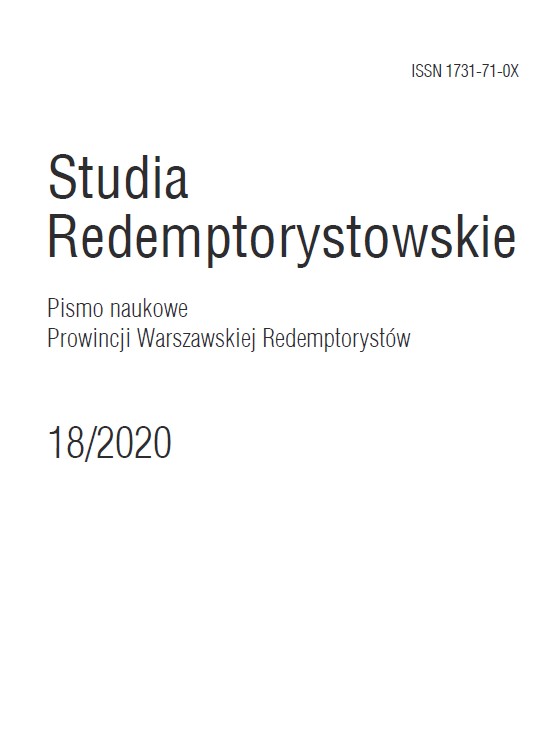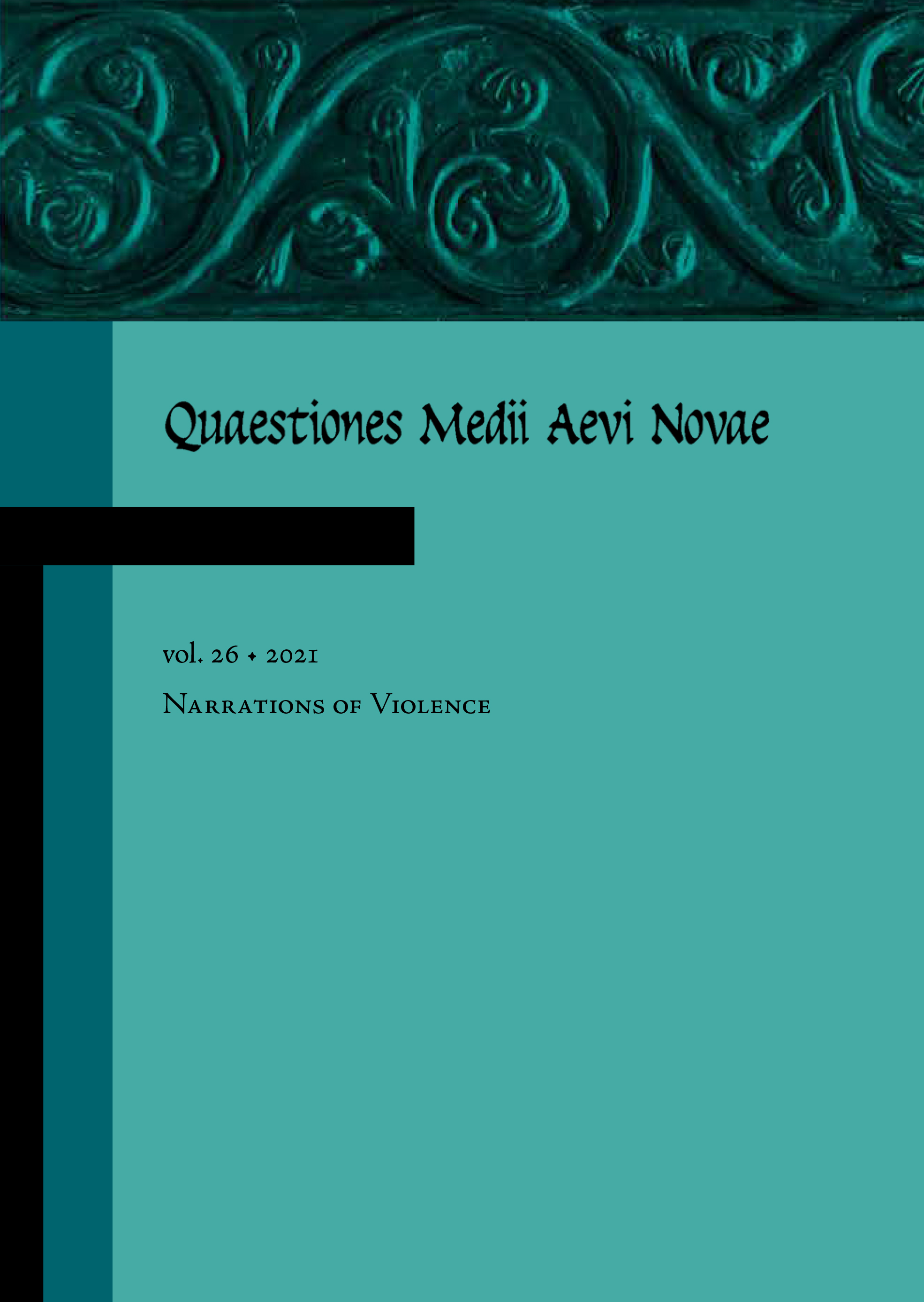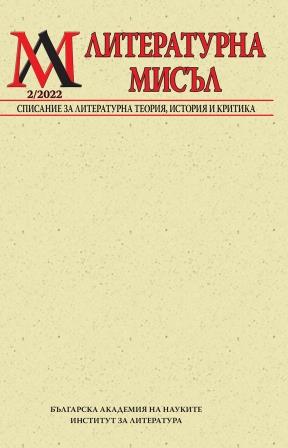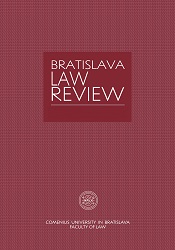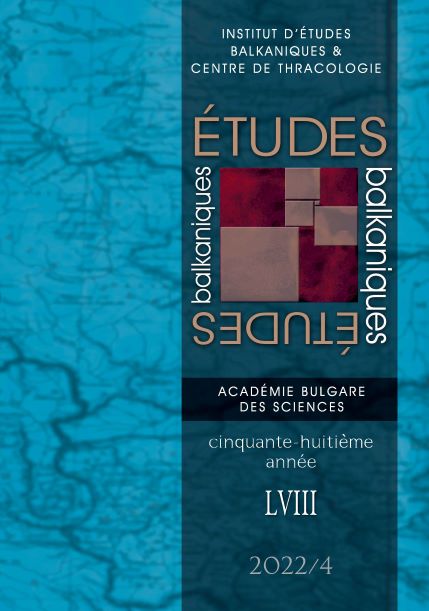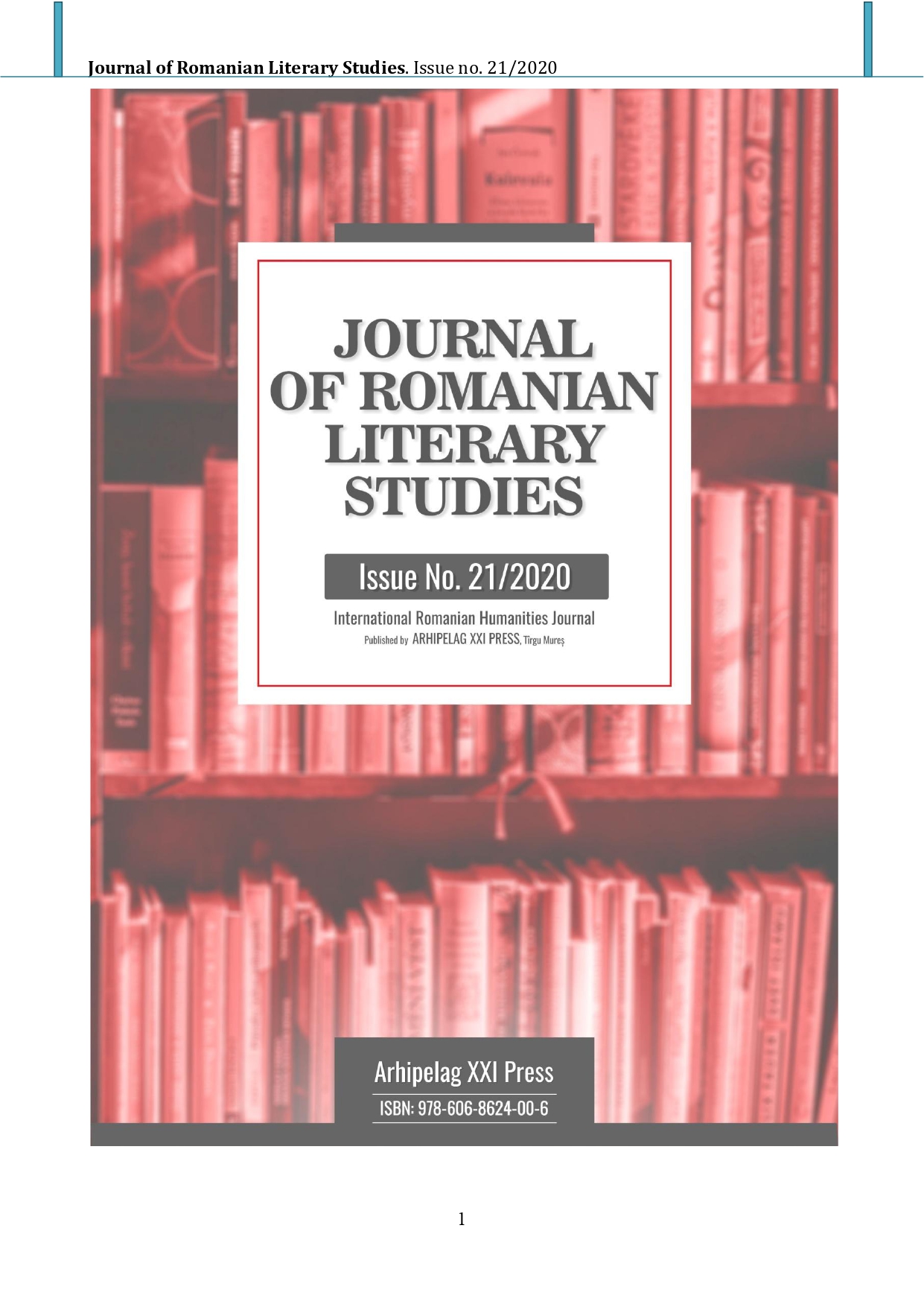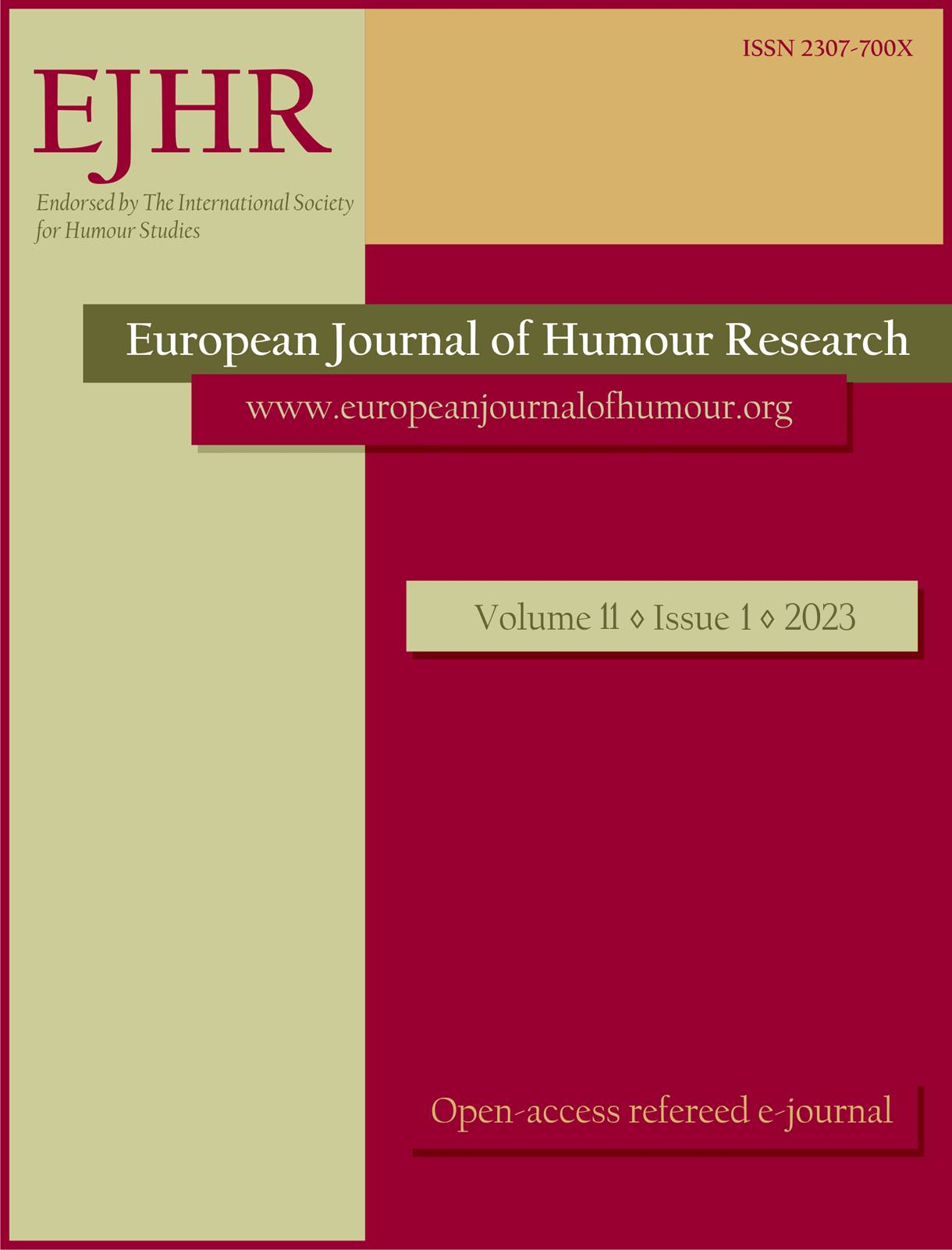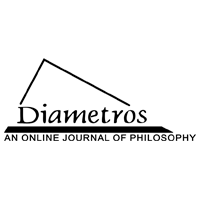
“This New Conquering Empire of Light and Reason”: Edmund Burke, James Gillray, and the Dangers of Enlightenment
“This New Conquering Empire of Light and Reason”: Edmund Burke, James Gillray, and the Dangers of Enlightenment
Keywords: Edmund Burke, Enlightenment, James Gillray, French Revolution, Richard Price, Caricature, Frontispieces, Light, Hans Blumenberg, Albert O. Hirschman, J.G.A. Pocock.
This article examines the use of images of “light” and “enlightenment” in Edmund Burke’s Reflections on the Revolution in France and in the controversy that greeted the book, with an emphasis on caricatures of Burke and his book by James Gillray and others. Drawing on Hans Blumenberg’s discussion of the metaphor of “light as truth,” it situates this controversy within the broader usage of images of light and reason in eighteenth-century frontispieces and (drawing on the work of J.G.A. Pocock and Albert O. Hirschman) explores the ways in which Burke’s critique of Richard Price operates with a rhetoric that views Price as part of an enlightenment that was inherently “radical” and, hence, a threat to the “enlightenment” that, in Burke’s view, had already been achieved.
More...
